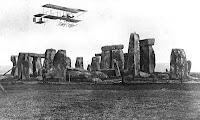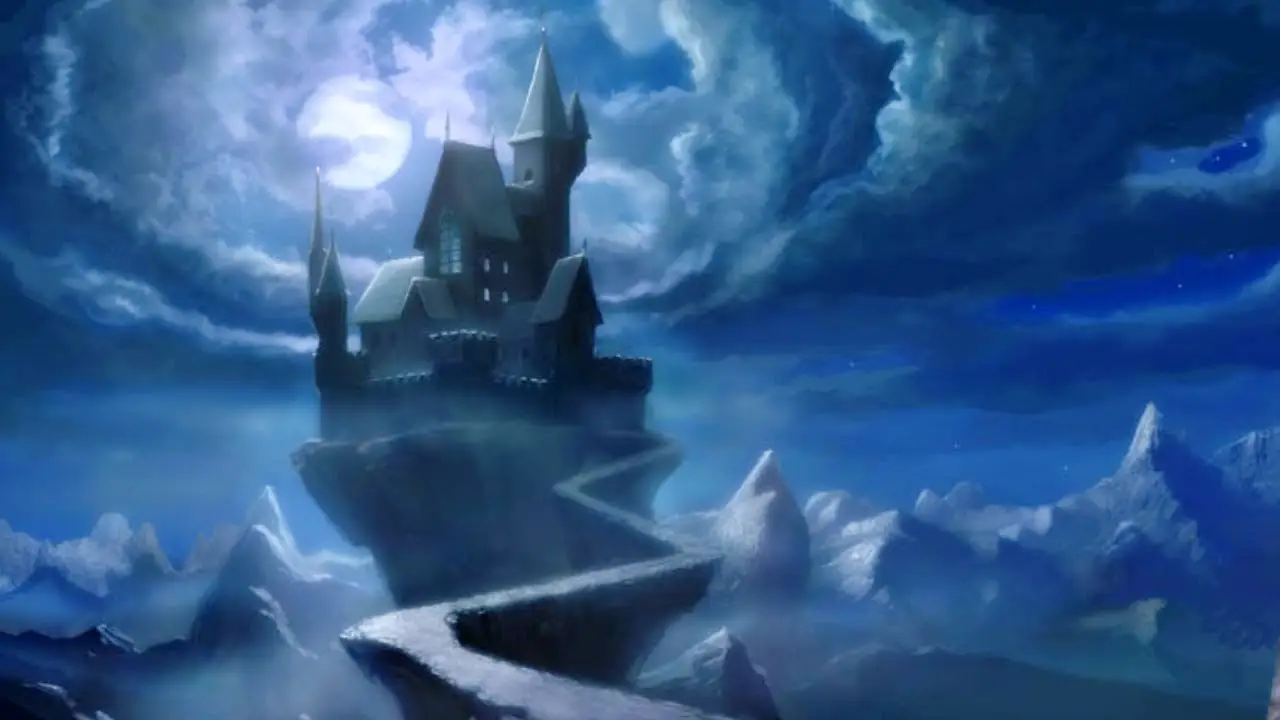Posted on January 29, 2022
Key Points
This is an update of my post published on January 29, 2011:
The German geologist Frederick Mohs is most famous for his Scale of Hardness.
A geologist is a scientist who studies rocks and minerals and the origin and structure of the earth. So it may not surprise you to learn that Mohs’s Scale of Hardness concerns rocks and minerals!
 |
| Talc – 1 |
Born on this day in 1773, Mohs compared the hardness of various minerals, comparing each to the others by scratching one mineral onto another. Obviously, a harder material can scratch a softer one, but a softer material cannot scratch a harder one. Using his comparative data, Mohs created a scale that goes from one of the softest minerals, talc, at Number 1, to the hardest mineral, diamond, at Number 10. Of course, some minerals fall between the numbers and can be expressed as a decimal. For example, tin is considered 1.5. Also, the hardness of non-minerals can be expressed using the Mohs Scale; fingernails are about 2.5, for example, and glass runs from 5 to 6.
 |
| Diamond – 10 |
Explore gems and minerals at the Smithsonian website.
Also on this date:
(Last Saturday of January)
Plan ahead:
Check out my Pinterest pages on:
-
January holidays
-
January birthdays
-
Historical anniversaries in January
And here are my Pinterest boards for:
-
February holidays
-
Historical anniversaries in February




































